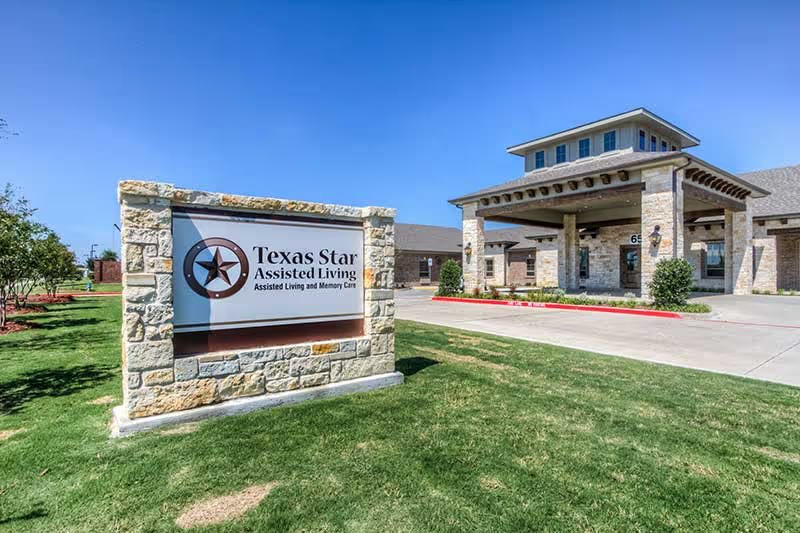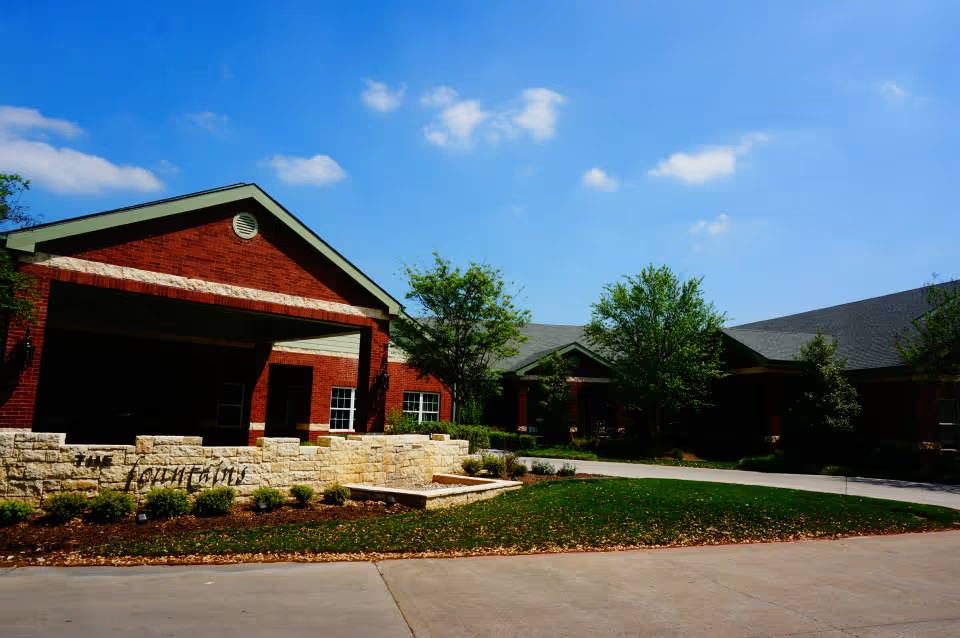St Joseph Tower Assisted Living sits at 2205 S 10th St. in Omaha on the historic St. Joseph Hospital campus, in a high-rise building with wide sidewalks and neat lawns, and you'll see views of both the city and green panoramas from the windows. The facility accepts people age 55 or older and offers assisted living services on a campus that feels home-like, with rooms ranging from semi-private spaces to one-bedroom apartments running between 407 and 947 square feet. Residents find several floor plans and can pick what fits best for their needs. Staff help people with daily tasks, including bathing, dressing, and medication reminders, with 24-hour staff and nurses on duty, always awake, providing basic care, and handling emergencies.
The building has an emergency call system for each resident, and maintenance and housekeeping services are included. There are different fees-such as community, respite, buy-in, and fees based on care needs-as well as a second person fee for shared spaces. The dining is restaurant-style, with staff preparing three meals daily, reducing the need for residents to cook, and snacks like ice cream and other treats always available in a central spot, so folks can share snacks and chat. Residents enjoy activities like movie screenings on a big screen, exercise classes, live entertainment, the Red Hat Society, card clubs, Scrabble, volunteering, and domino games, and they've got outings to the zoo, casinos, ball games, and Omaha's old market. There's a calendar full of events, and the staff provide rides for medical appointments and shopping.
Devotional services take place offsite, and the library, common rooms, and indoor shared spaces make it easy for people to socialize or read quietly. The community offers fitness and recreation, provides outings and celebrations, and supports a social lifestyle with opportunities to join clubs or volunteer. There's a guest room for visitors. The campus has an easy-going, friendly atmosphere, and staff approach care with respect, wanting to help each resident feel comfortable and included. The assisted living service levels mean that people can stay through changing needs, with staff helping with assisted transfers for non-ambulatory residents, and with incontinence support for those who can manage it themselves. Diabetic care means staff assist with blood sugar checks but don't give insulin. The facility takes the Medicaid Waiver/PACE programs and provides respite and hospice care. Residents keep their independence as long as possible, and the setting encourages movement and interaction, but folks appreciate the quiet, too, and knowing staff are always there.







